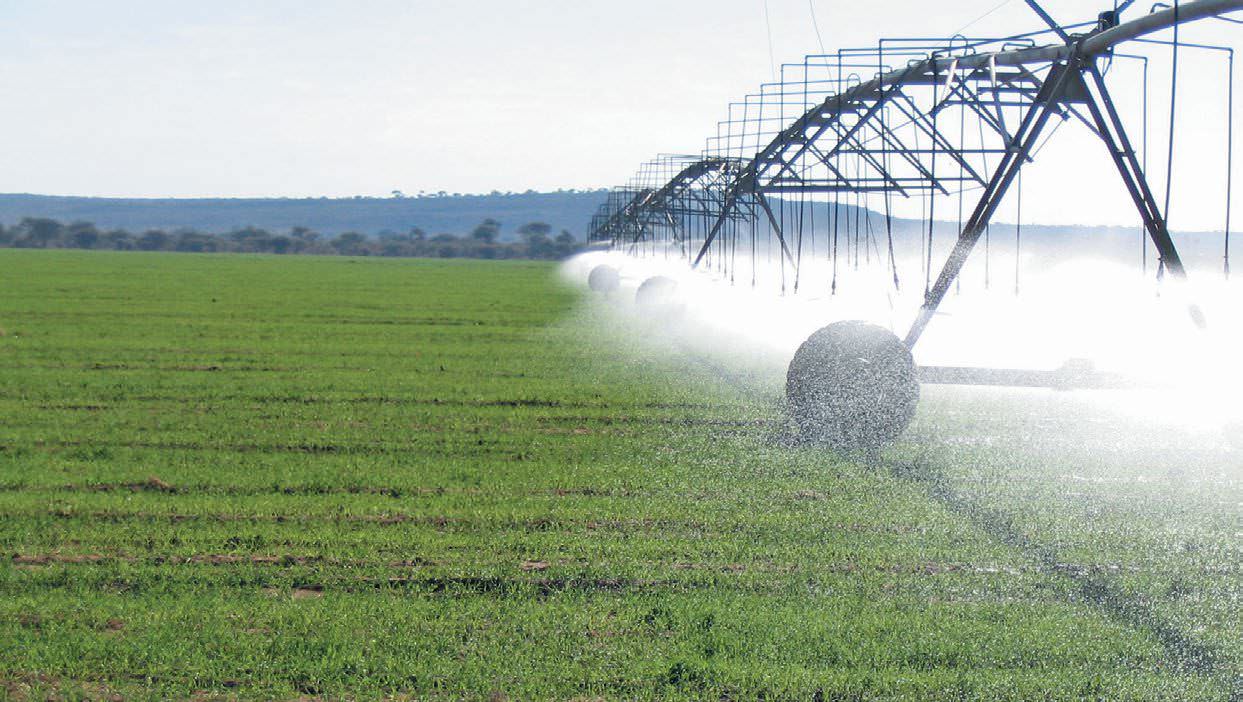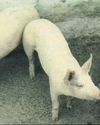A recent study published by the Water Research Commission highlights the urgent need for identifying on-farm treatment options to help reduce the high levels of microbial contamination in irrigation waters, thereby reducing the associated food safety hazards for consumers. Denene Erasmus summarises some of the report’s key findings.

Many of South African rivers from which water is drawn for agricultural irrigation purposes are carrying extraordinarily high pathogenic loads. Produce irrigated using this water are often minimally processed fresh fruit and vegetables or products that are eaten raw.
The risks of using this water to produce edible crops have been weighed against the backlog of providing sanitation services and food insecurity by various local research organisations, including the South African Water Research Commission (WRC). The WRC, in co-operation with the Department of Agriculture, Forestry and Fisheries (DAFF), published a report titled, ‘Scoping study on different on-farm treatment options to reduce the high microbial contaminant loads of irrigation water to reduce the related food safety risk’. According to the report, in addition to the threat to consumer health, large-scale outbreaks of food-borne illnesses will affect sales and damage consumer confidence in local produce. Such outbreaks could also result in legal challenges that could potentially prevent entry into lucrative export markets, as well as produce possibly being rejected by local consumers. “The consequences would be disastrous for SA agriculture considering that this sector is one of the largest employers of labour in the country and rapidly increasing in economic importance,” the report reads.
CAUSES OF RIVER POLLUTION
According to the study, insufficient sanitation facilities and inadequate sewage treatment works throughout South Africa are considered the primary sources of pollution. Sanitation facilities in rural areas, in particular, are often inadequate for the size of the populations residing in those areas. “Consequently, rivers have become receivers of waste and waste water while still being used for agricultural irrigation,” says the report.
Bu hikaye Farmer's Weekly dergisinin 20 January 2017 sayısından alınmıştır.
Start your 7-day Magzter GOLD free trial to access thousands of curated premium stories, and 9,000+ magazines and newspapers.
Already a subscriber ? Giriş Yap
Bu hikaye Farmer's Weekly dergisinin 20 January 2017 sayısından alınmıştır.
Start your 7-day Magzter GOLD free trial to access thousands of curated premium stories, and 9,000+ magazines and newspapers.
Already a subscriber? Giriş Yap

Improving efficiencies in feed and grain milling
Bühler, a Swiss-based company that provides solutions and equipment for various industries, including food and animal feed processing, has pledged that by 2025, it will deliver scalable solutions that will reduce energy, waste and water by 50% in the value chains of its customers.

Tips for better olive production
At an SA Olive Association field day in November, industry experts shared ways to improve olive production efficiencies, from soil preparation to harvesting.

More effort needed to protect vulnerable cheetah
On International Cheetah Day, commemorated every year on 4 December, emphasis was placed on the vulnerability of the species.

Global agriculture: news that made the headlines
Farmer protests, droughts and floods dominated international agricultural news throughout 2024. Here, Janine Ryan gives an overview of these challenges.

Something to scratch a head about
This article showed that if you interact with your pigs, your sows will be happy and their piglets will have better growth.

ARC names best dairy producers of the year
The Agricultural Research Council (ARC) recently announced the winners of the 2024 National Master Dairyman Awards at an event hosted by AgriExpo in Stellenbosch, Western Cape.

Lion breeders to give up bone stockpiles?
The Ministry of Forestry, Fisheries and the Environment issued an official notice in mid-November in which it called on lion breeders to voluntarily hand over their lion bone stockpiles to the state as soon as possible.

Thousands of British farmers march on parliament against inheritance tax
Thousands of UK farmers gathered in London, England, on 19 November to demand the government repeal a proposed inheritance tax on agricultural land, which they argued threatened the future of family-run farms (see page 4), Al Jazeera reported.

Feed, hay, and other costs are up, so it's time to get creative
Breeders and riding schools need to explore innovative ways to generate income in order to ensure their survival, says Dr Mac.

How to make polystyrene seedling trays last longer
While thinking about how to prolong the lifespan of polystyrene seedling trays that are exposed to harsh sunlight, Bill Kerr began to wonder if a coat of paint might offer a solution.